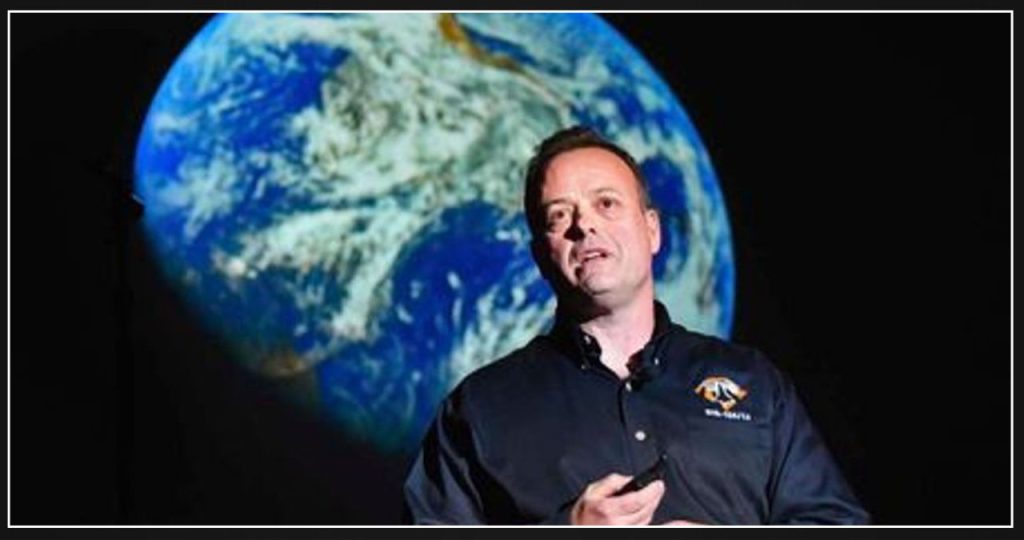Experiencing challenging moments in life is crucial for cultivating a philosophical mindset. Numerous accomplished individuals who have achieved greatness in their respective fields have come to recognize the significance of their existence on this planet only after enduring demanding life experiences. Astronaut Ronald Garan is a prime example of such an individual who had a profound realization while in space. With his involvement in three different space missions from 2008 to 2011, totaling over 178 days in space, Garan gained valuable insights. During an interview with Big Think, Garan shared his perspective on how people on Earth are currently “living a lie.”
Garan, a fortunate individual who has had the opportunity to witness the breathtaking view of our planet from the International Space Station, shares a profound insight. From the perspective of space, certain truths become undeniable. Rather than addressing global warming, deforestation, and biodiversity loss as isolated problems, they are merely symptoms of a larger underlying issue. The root problem lies in our failure to recognize ourselves as part of a greater planetary whole. During his time in space, Garan had the privilege of observing remarkable natural phenomena, such as mesmerizing lightning flashes and awe-inspiring auroras. In those awe-inspiring moments, he came to recognize the fragility of our planet’s “paper-thin” atmosphere, which serves as a vital safeguard for countless species. It was a sight that revealed a vibrant biosphere teeming with life, where the focus was not on the economy but rather on the interconnectedness of all living beings.
Garan had a realization that the things we prioritize and value in life are relatively insignificant compared to the fact that we are inhabitants of a planet. According to the astronaut, our human-made systems treat everything, including the life-support systems of our planet, as subordinate to the global economy. From the perspective of space, it becomes evident that we are living a falsehood. Garan emphasized the need for humans to reevaluate our priorities, shifting from “economy, society, planet” to “planet, society, economy.” He stressed the importance of human evolution towards a more sustainable and balanced approach.
According to Garan, the perspective he shared is something that many astronauts can relate to. It is known as the “Overview effect,” a profound experience that transforms astronauts upon their return from space. Garan explained that this effect refers to the shift in perception that astronauts have when they see the Earth suspended in the vastness of space. It’s like a light bulb moment when they realize the interconnectedness and interdependence of all living beings. Garan emphasized the importance of recognizing the fundamental reality that we are all intricately linked to one another as conscious beings on this planet.
During his time in space, the astronaut came to a profound realization. Rather than prioritizing the economy, he believes it is essential for people to embrace their identity as fellow species on Earth and take steps to protect the planet that sustains us. He emphasizes that we are not merely from Earth, but we are of Earth. In fact, he takes it a step further and asserts that we are not just in the universe, but we are the universe itself.
Despite the challenges we face, the astronaut remains optimistic. He observes a growing awareness of our interconnectedness as a species, which gives him hope. He believes that as this awareness continues to expand and reach a critical mass, we will be better equipped to find solutions to the problems that plague our planet.
